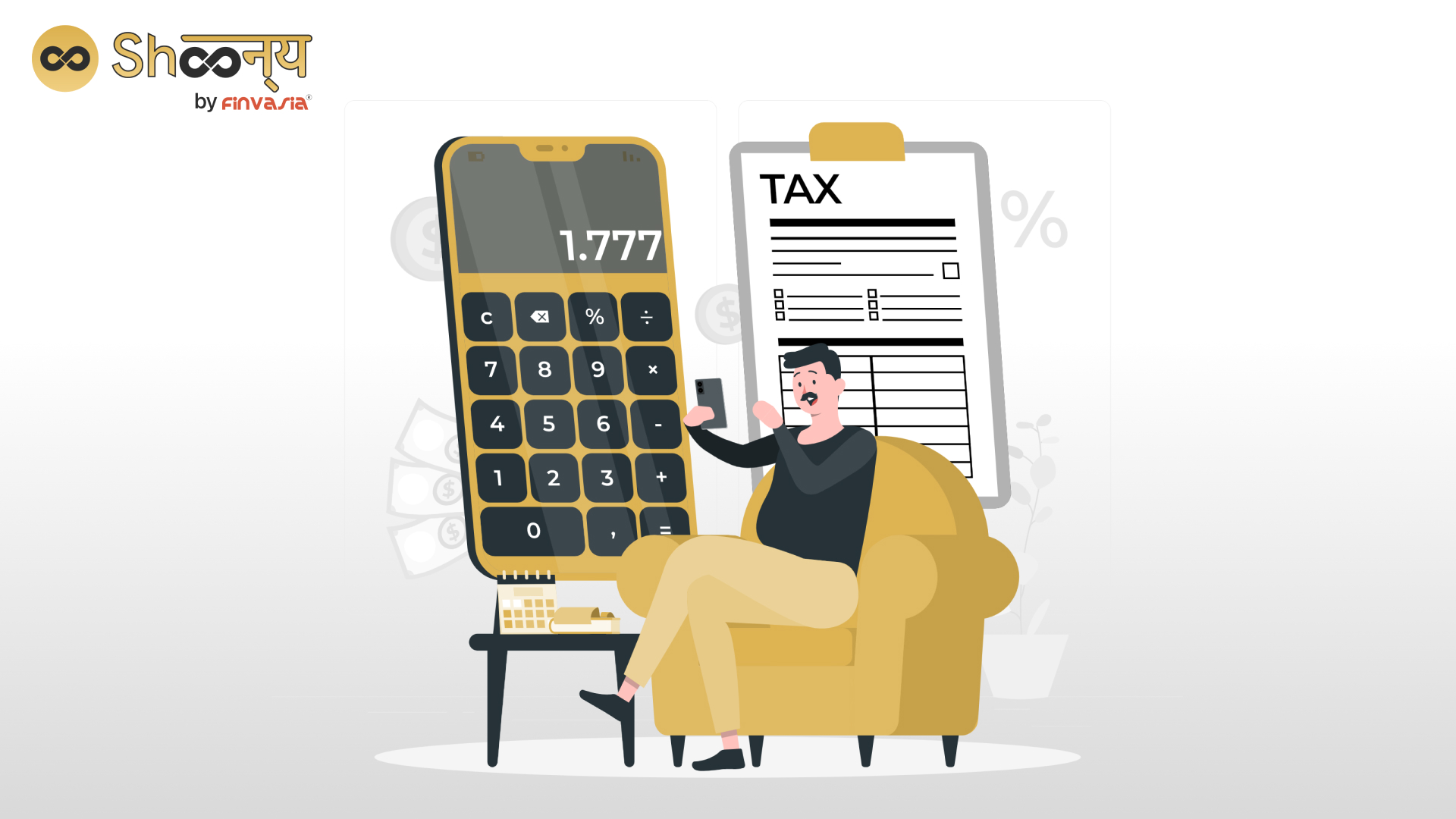Securities Transaction Tax(STT)- Everything you need to know

In India, for the building world of stock market investment and trading, the government introduced STT, or Securities Transaction Tax, to keep track of taxes paid by traders and ensure that nobody escapes without paying taxes.
What is STT?
The Securities Transaction Tax on shares is applied to each purchase and sale of securities listed on stock exchanges. It is a Direct Tax which is classified as a regulatory security transaction charge since it is a levy that dealers and investors must pay to the central government. Equities, options, stocks, and equity-oriented mutual funds investment units, are just a few examples of these securities.
- Only transactions resolved on the domestic stock exchange are subject to STT.
- Additionally, STT only covers transactions carried out on recognized domestic stock exchanges.
- Furthermore, this tax does not apply to off-market transactions.
The STT Act of 2004 governs this policy. All dealers and investors must now pay STT as of October 1st, 2004, when this tax policy was implemented. This taxation process simplifies stock market trading/investing in the Capital Markets of India.
Features of Securities Transaction Tax
Because STT was developed to collect taxes effectively from the financial market, it has some distinctive features.
- It is important to remember that STT in the stock market only applies to sell transactions for options and futures.
- There is a requirement to pay this tax because it only applies to recognized stock exchanges, not individual members.
- The type of security impacts the STT tax rates. Sale or purchase is also a factor that impacts STT tax rates.
- Additionally, the Central Government of India is in charge of deciding the STT taxation rate.
When is STT levied?
The STT Act mandates that every stock exchange that transacts in equity and equity trading pay STT.
As soon as a transaction takes place on the stock market, STT is applicable. It reduces issues like non-payment, incorrect payment, and other related problems when applied immediately after a stock market trade. As a result, the STT taxation process is efficient, rapid, and transparent.
All stock market transactions must comply with STT, which cannot be avoided.
Note
At the conclusion of a financial year, you can acquire an STT certificate. When seeking a Short-Term Capital Gains (STGS) deduction, this STT certificate could be useful.
How to calculate STT?
In order to calculate, let’s take an example,
- Ms. Kavya is a trader who bought 100 shares of XYZ Ltd at INR 1000 and sold them off at INR 1005. The STT applicable in this scenario would be 0.025% as it is intraday trading.
Intraday Trading- Purchasing and selling stocks on the same trading day is known as Intraday Trading or Day Trading.
Therefore, the STT would be
1005 x 100 x 0.025% = INR 25.13.
- The STT for futures and options, on the other hand, is 0.01%. Mr Yash purchases five lots of XYZ futures for INR 3000 and sells them for INR 3050, where there are 100 shares in each lot.
In this case, the SST would be
3050 x 100 x 5 x 0.01% = INR 152.50.
Conclusion
We hope we have successfully educated you about the Securities Transaction Tax. Although paying STT is a must but you can still skip paying heavy brokerage by trading/investing through Shoonya. It is an online trading platform where you can trade at zero lifetime brokerage. Download the Shoonya app today.








